CEO finds happiness managing casinos in smaller markets
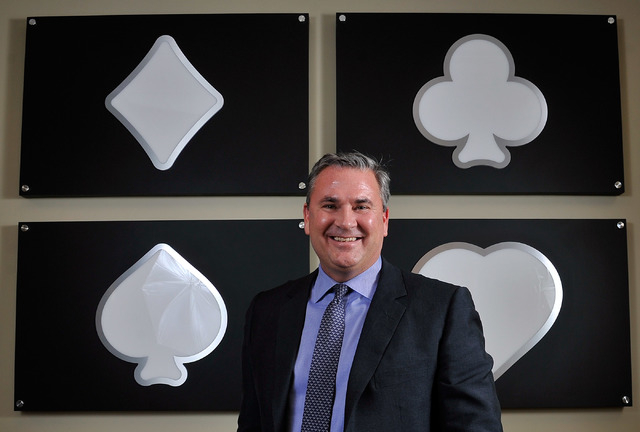
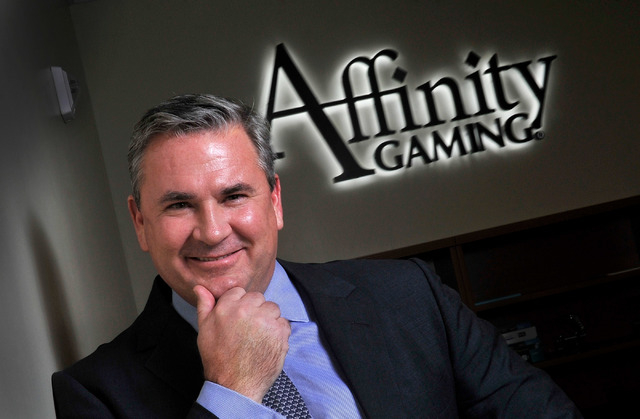
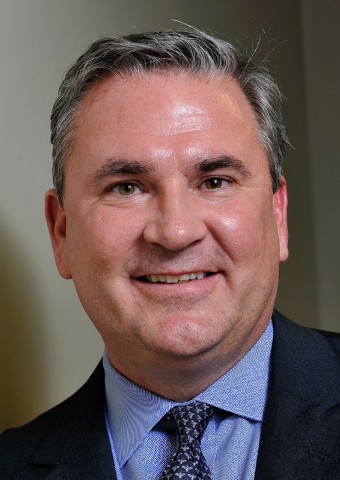
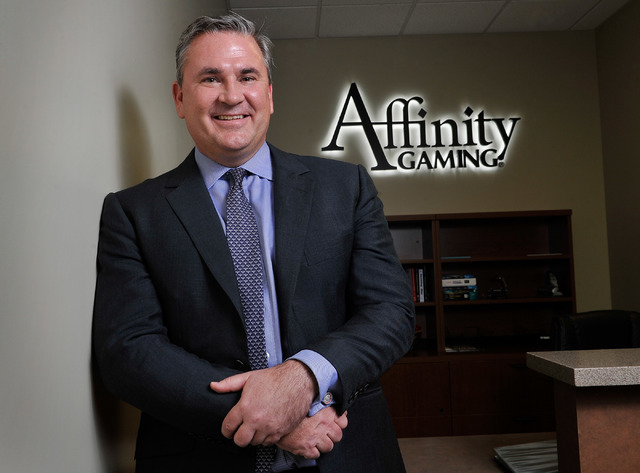
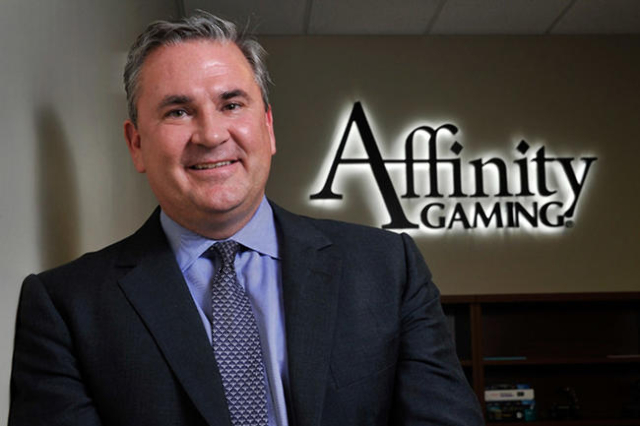
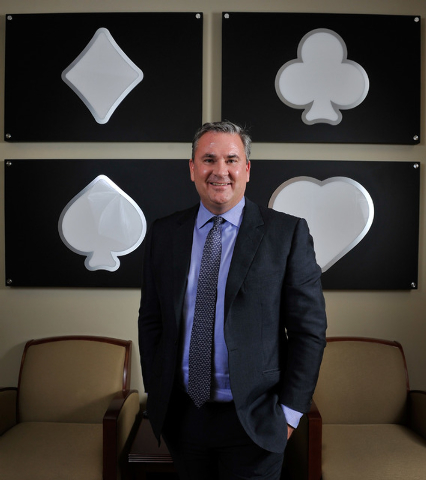
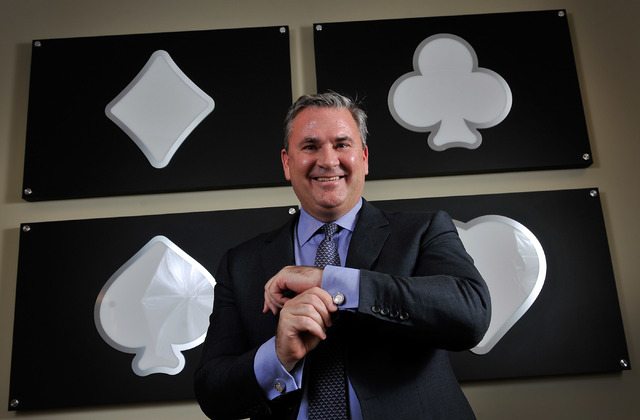
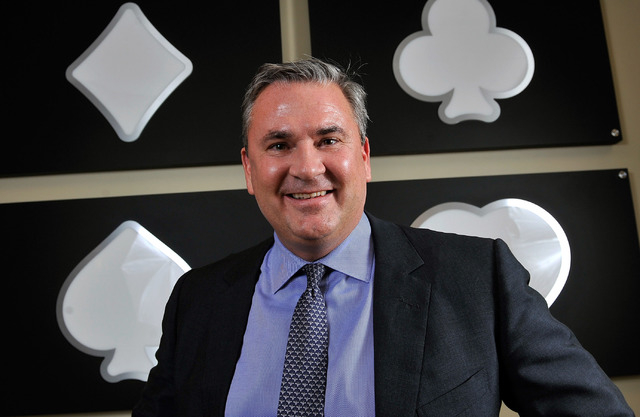
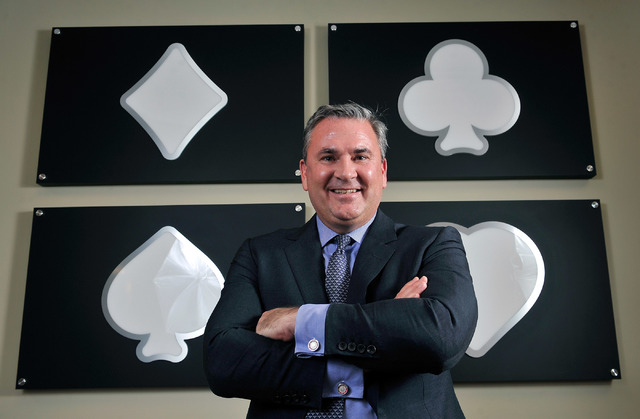
After managing casinos in exotic locales such as New Zealand, the United Kingdom and Uruguay, Michael Silberling opted to become CEO of a gaming company whose flagship properties are in the Interstate 15 community of Primm at the California-Nevada border and the Denver suburb of Black Hawk, Colo.
And he couldn’t be happier.
Silberling was named CEO of Las Vegas-based Affinity Gaming in August. He joined the casino company at the same time a new board of directors was installed.
Silberling, who spent more than two decades with Harrah’s (now Caesars) Entertainment, has been entrusted with reinvigorating the company.
“I’ve worked in challenged markets,” Silberling said. “This is an exciting business opportunity to take on these assets and see what can be done.”
Affinity, which has publicly held debt, operates 11 casinos in four Nevada, Iowa, Missouri and Colorado. Affinity employs more than 3,300 workers.
Las Vegas-based Affinity has five properties in Nevada, including three resorts at Primm and the off-Strip Silver Sevens on Paradise Road.
With Harrah’s, Silberling served as the general manager of the company’s flagship casinos in Las Vegas, Reno and Laughlin between 1996 and 2004. He left the company for a short time serve as the senior operating executive for the Sky City Resort in New Zealand.
He eventually returned to Harrah’s after it acquired Caesars Entertainment in 2005. He was president of the company’s holdings in the United Kingdom and its Uruguay casino when a job recruiter approached him about the Affinity position.
“It was the chance for me to become the CEO of a listed company and an opportunity to make an impact,” Silberling said.
During his time with Harrah’s, Silberling oversaw the company’s casinos in Iowa and Missouri. He also grew up in the Denver area and is familiar with Colorado.
“We need to find out where all our properties, including Primm and the Silver Sevens, fit in their markets,” Silberling said. “I think most of the gaming companies and most of the gaming markets would all say they have had challenges with the economy and competition. Our markets are no different.”
Question: How did you get your start in the gaming industry?
Answer: When I came out of UCLA, Harrah’s was recruiting. I understood that (CEO) Phil Satre had the company on a growth path. I was there in the early days of what was called the Harrah’s President Associates Program. It was a management training program that put you through all operations of a property, including the hotel, gaming, the sports book and other areas. I was dealing cards, making beds, and parking cars, as well as getting some visibility to the senior executives in those various roles. I saw how they looked at their budgets and strategic plans.
Question: What motivated you to stay in gaming?
Answer: I was assigned to Harrah’s Lake Tahoe. I figured I’d work a few years in a ski town with an MBA salary and then go back home to Palo Alto (Calif.) and work in Silicon Valley. But I was asked in August 1992 to be part of the opening team at Harrah’s Tunica, which was the company’s first riverboat casino. A year later, I helped open the company’s first international casino in New Zealand.
Question: Did the Harrah’s program help you relate better to employees?
Answer: There’s no question it gave me an appreciation for our workers. I was raised by a single mother so I appreciate hard work and dedication. Some of our people are single parents trying to get their kids through school. I think the program helped in my understanding.
Question: Where do you see Affinity’s place in the gaming industry?
Answer: It’s a small company and right now I have my hands full building the team and improving the performance at the existing operations. I want to get the trajectory of the business heading in a northward direction. My goal is to build the team, build the business and operate the portfolio.
Question: What have been your initial steps with Affinity?
Answer: One of my main focuses has been on how we’re marketing the business. We want to make sure those dollars are effective and appreciated by the customer. I’ve worked in locals markets, in the Midwest and in destination markets. It was a great education coming out of Caesars. The focus on data analytics and customer relationship management positively impacted my business career. Affinity didn’t have a senior marketer and now we do.
Question: What is your goal for the three Primm properties?
Answer: Our task is to make Primm legitimate stop for people coming from Los Angeles either before or after Las Vegas. It’s a great place with all the amenities, such as golf, the retail shops, the spa, the hotel rooms, gaming and the roller coaster. It’s a great staycation for people from Las Vegas.
The challenge is that it’s no longer the first stop for people from California and we have to make it a value proposition to get folks to drive past the Indian casinos. We need to position the properties around value and service. There is a “Cheers” mentality there because you have a number of longtime employees who know their customers by their first names.
Question: What is the Silver Sevens’ place in Las Vegas?
Answer: It is an interesting property. It’s neither a locals property or a destination resort. But if you look at the customer database, it has both a strong locals business and a strong national business. I think it has a great location and like many of the properties in Affinity portfolio, it has some very loyal long-term employees. I think those are great pieces to build on and a great location and good employees are something a lot businesses would like to have.
Contact reporter Howard Stutz at hstutz@reviewjournal.com or 702-477-3871. Find him on Twitter: @howardstutz.
VITAL STATISTICS
Name: Michael Silberling.
Position: CEO, Affinity Gaming.
Family: Single; one daughter, one son.
Education: Bachelor of Arts in economics from Dartmouth College; master’s of business administration from the Anderson School of Management at UCLA.
Work background: Twenty years as a casino executive with a broad geographic experience throughout Nevada and the Midwest as well as extensive international experience.
Most admired businessperson: Former Harrah’s Entertainment CEO Phil Satre (Now, chairman of International Game Technology)
Favorite hobbies: Skiing, tennis, hiking, fine dining and reading.
Favorite sports teams: Arsenal Gunners (English Premier League), San Francisco Giants, San Francisco 49ers and Golden State Warriors.
Favorite movie: “Life of Brian.”
Favorite authors: Cormac McCarthy and Thomas McGuane.
Favorite music online: U2 Pandora station.


















